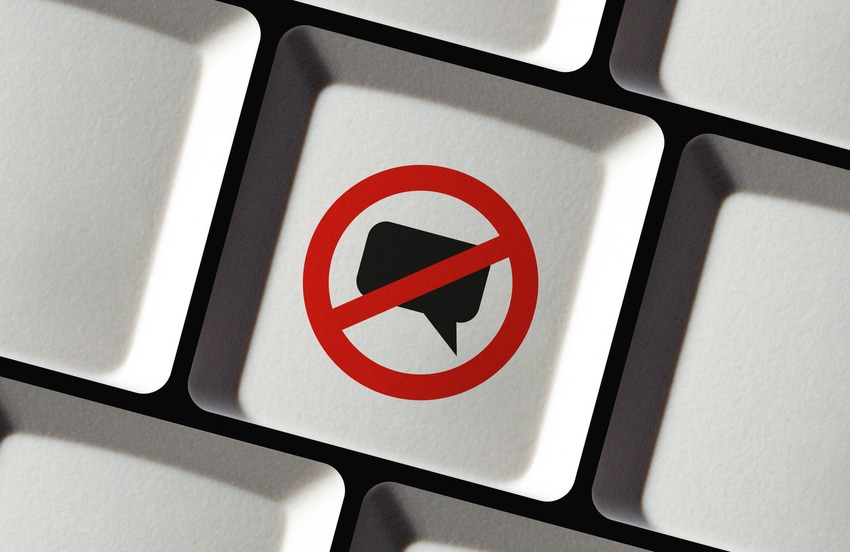Recent acts of digital censorship are helping people understand it’s not a tool that can be restricted to their ideological opponents.
November 1, 2021

Recent acts of digital censorship are helping people understand it’s not a tool that can be restricted to their ideological opponents.
A major argument against all censorship is that it requires subjective judgment calls. No individual person’s judgment is flawless and free from bias, while the algorithms used as the first lines of speech policing online are often crude and only as good as the parameters people put into them. Nonetheless today’s public discussion is often blighted by calls for censorship of unfavoured speech.
A few recent cases may finally be starting to get through to even the most partisan, however. When one of the UK’s most prominent left-biased media companies, Novara Media, was unilaterally kicked off YouTube last week it moved even the New York Times to cry foul. Novara’s ideological opponents took to Twitter and even YouTube itself (see below) to denounce the move and fairly soon its channel was reinstated, with only the now familiar generic excuse that an unspecified error had been made.
Even more recently a similar level of outcry met the banning of a popular UK Twitter commentator from the platform, resulting in her swift reinstatement. In this case the Twitter algorithm seemed to have interpreted a reasonable piece of commentary on the public debate around Covid vaccines as ‘misleading information’. As with Novara, since direct avenues of appeal seem very limited it was only through collective action that the error was identified, but most people can’t count on that.
In the digital economy it’s not just social media that has the power of censorship. As we reported previously, major payment processor Stripe is happy to permanently ban people from its platform for the vaguest reasons. Now a Wired article reveals Stripe has a problem with people who offer ‘metaphysical’ services. Even if you think such things are superstitious mumbo-jumbo, what business is it of a payment processor to make such a value judgment? Stripe’s role as the exclusive payment processor for many independent publishing platforms effectively grants it massive powers of censorship.
The very nature of digital censorship ensures a constant flow of injustices such as these and there are signs that, as a result, more people are realising once you let the censorship genie out of the bottle there’s no controlling it. Of course many others are still stuck in their partisan ruts, as the recent outcry in the US over the phrase “Let’s go Brandon,” by those who applauded public abuse of the previous US President shows. But there’s reason to hope that an increasing number of people now understand what a net negative nearly all forms of censorship are.
About the Author(s)
You May Also Like








.png?width=300&auto=webp&quality=80&disable=upscale)


_1.jpg?width=300&auto=webp&quality=80&disable=upscale)


.png?width=800&auto=webp&quality=80&disable=upscale)